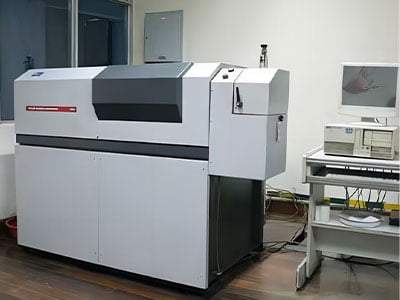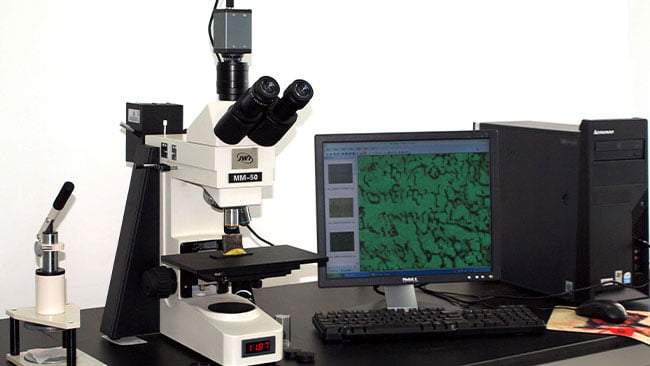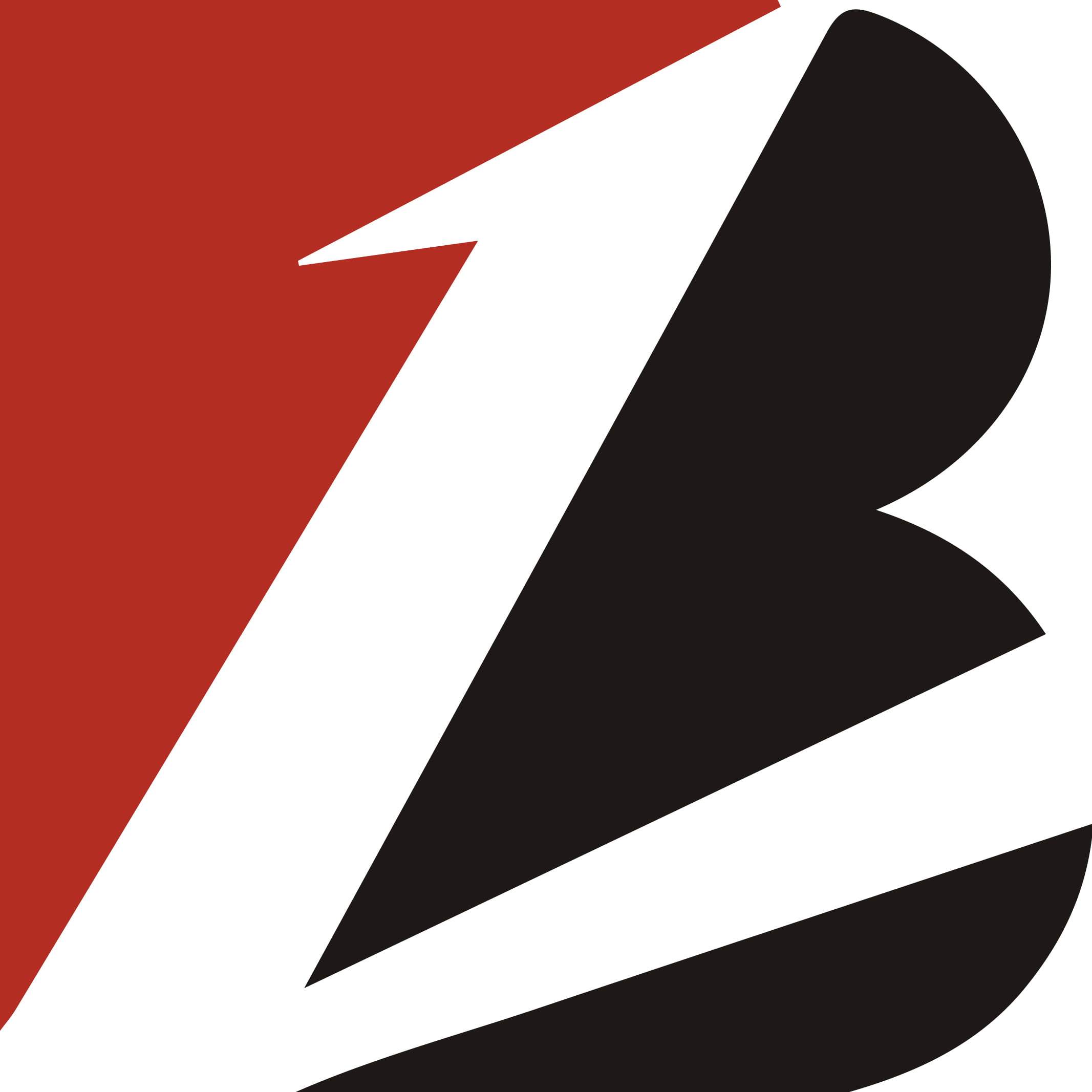Welcome to My Blog!
Before we dive into the content, I’d love for you to join me on my social media platforms where I share more insights, engage with the community, and post updates. Here’s how you can connect with me:
Facebook:https://www.facebook.com/profile.php?id=100085401406977
LinkedIn:https://www.linkedin.com/showcase/102680001/admin/dashboard/
Now, let’s get started on our journey together. I hope you find the content here insightful, engaging, and valuable.
Introduction

In the dynamic world of industrial operations, machinery is the backbone of productivity and efficiency. To ensure the optimal performance and longevity of these critical assets, businesses must prioritize regular maintenance and inspection. Third-party mechanical inspections offer a proactive approach to identifying potential issues before they escalate into costly breakdowns. By engaging independent experts, organizations can gain valuable insights into the health and safety of their equipment.
Understanding Third-Party Mechanical Inspections
A third-party mechanical inspection is a comprehensive evaluation of a machine or equipment conducted by qualified professionals who are unaffiliated with the equipment owner or manufacturer. These inspections involve a meticulous examination of various components, including:
- Structural integrity: Assess the overall soundness of the machine’s framework, looking for signs of wear, corrosion, or structural defects.
- Functional performance: Evaluate the machine’s ability to perform its intended tasks efficiently and accurately.
- Safety compliance: Verify adherence to industry safety standards and regulations to mitigate risks.
- Component wear and tear: Inspect individual components for signs of excessive wear, misalignment, or impending failure.
- Hydraulic and pneumatic systems: Assess the condition of hydraulic and pneumatic systems, including hoses, fittings, and valves.
- Electrical systems: Examine electrical components for signs of damage, overheating, or potential electrical hazards.
Why Choose Third-Party Mechanical Inspections?
There are numerous advantages to opting for third-party mechanical inspections:
- Objectivity: Independent inspectors provide an unbiased assessment, free from any internal pressures or biases.
- Expertise: Qualified professionals possess specialized knowledge and experience in identifying potential issues that may be overlooked by in-house personnel.
- Compliance: Inspections help ensure adherence to industry standards and regulatory requirements, mitigating legal and safety risks.
- Risk mitigation: By proactively identifying and addressing potential problems, inspections help prevent costly breakdowns and downtime.
- Extended equipment life: Regular inspections can help extend the lifespan of machinery through timely maintenance and repairs.
- Improved safety: By identifying and addressing safety hazards, inspections help create a safer working environment for employees.
- Enhanced decision-making: The detailed inspection reports provide valuable data to support informed decision-making regarding maintenance, repair, or replacement.
The Inspection Process
A typical third-party mechanical inspection involves a systematic approach:
- Initial assessment: The inspector gathers information about the machine’s history, usage, maintenance records, and any specific concerns.
- Visual inspection: A thorough visual examination of the machine’s exterior and interior components, looking for signs of damage, wear, or misalignment.
- Non-destructive testing: Employing techniques such as ultrasonic testing, magnetic particle inspection, or eddy current testing to detect internal defects without damaging the equipment.
- Functional testing: Evaluating the machine’s performance under various operating conditions to assess its overall functionality.
- Data analysis: Analyzing the collected data to identify trends, potential issues, and areas requiring further attention.
- Report generation: Preparing a comprehensive report detailing the inspection findings, recommendations, and any necessary maintenance or repair actions.
Benefits of Regular Inspections
Regular third-party mechanical inspections offer a multitude of benefits to organizations:
- Increased productivity: By preventing unexpected breakdowns, inspections help maintain optimal production levels and reduce downtime.
- Reduced maintenance costs: Early detection of issues can help avoid costly repairs and replacements.
- Improved safety: Identifying and addressing safety hazards can significantly reduce the risk of accidents and injuries.
- Enhanced asset management: Inspections provide valuable data for effective asset management and planning.
- Compliance with insurance requirements: Regular inspections may be required by insurance policies to maintain coverage.
- Risk management: By identifying potential risks, inspections help organizations mitigate liabilities and protect their bottom line.
- Competitive advantage: Reliable and efficient equipment can give businesses a competitive edge in the marketplace.
Key Differences Between In-House and Third-Party Inspections

| Feature | In-House Inspection | Third-Party Inspection |
|---|---|---|
| Objectivity | May be influenced by internal pressures and priorities | Completely unbiased and independent |
| Expertise | May lack specialized knowledge or experience in certain areas | Highly skilled and experienced professionals |
| Compliance | May focus on internal standards | Adheres to industry standards and regulatory requirements |
| Cost | Potentially lower upfront costs | May involve additional fees for external services |
| Perspective | Limited to internal knowledge and experience | Broader perspective and access to industry best practices |
Conclusion
Third-party mechanical inspections are an indispensable tool for ensuring the reliability, safety, and efficiency of industrial machinery. By investing in regular inspections, organizations can proactively identify and address potential issues, minimize downtime, reduce costs, and enhance overall operational performance.
FAQ
How often should I schedule a third-party mechanical inspection?
The frequency of inspections depends on factors such as the machine’s age, usage, criticality, and industry regulations.
What is the cost of a third-party mechanical inspection?
The cost varies depending on the size and complexity of the equipment, the scope of the inspection, and the specific services required.
Can third-party inspectors repair damaged equipment?
While inspectors can identify repair needs, they typically do not perform repairs themselves. They may recommend qualified repair technicians or contractors.
What types of equipment can be inspected?
Third-party inspections can be performed on a wide range of equipment, including industrial machinery, manufacturing equipment, heavy machinery, vehicles, and more.
